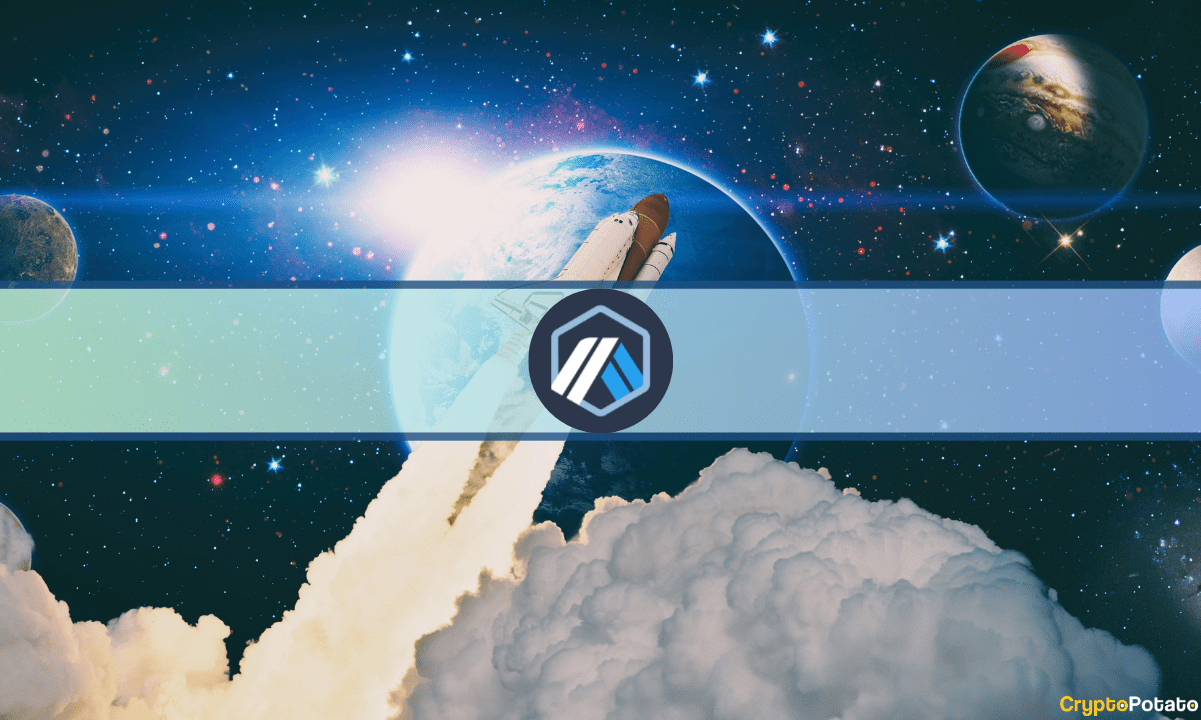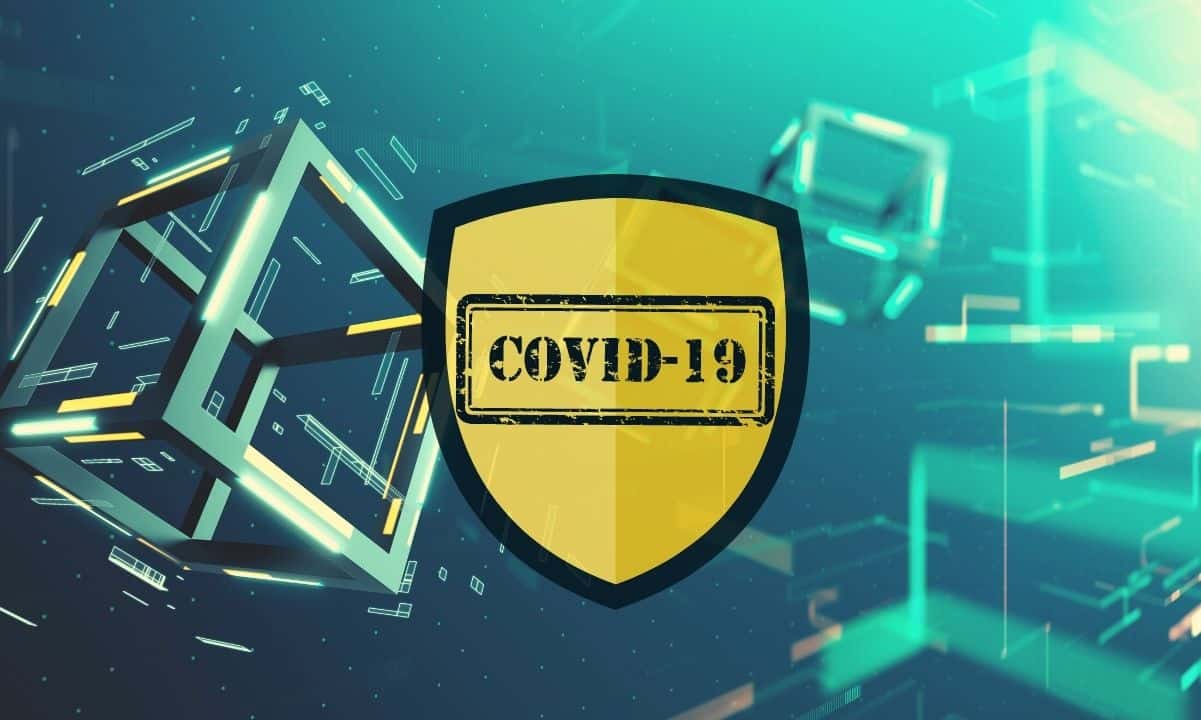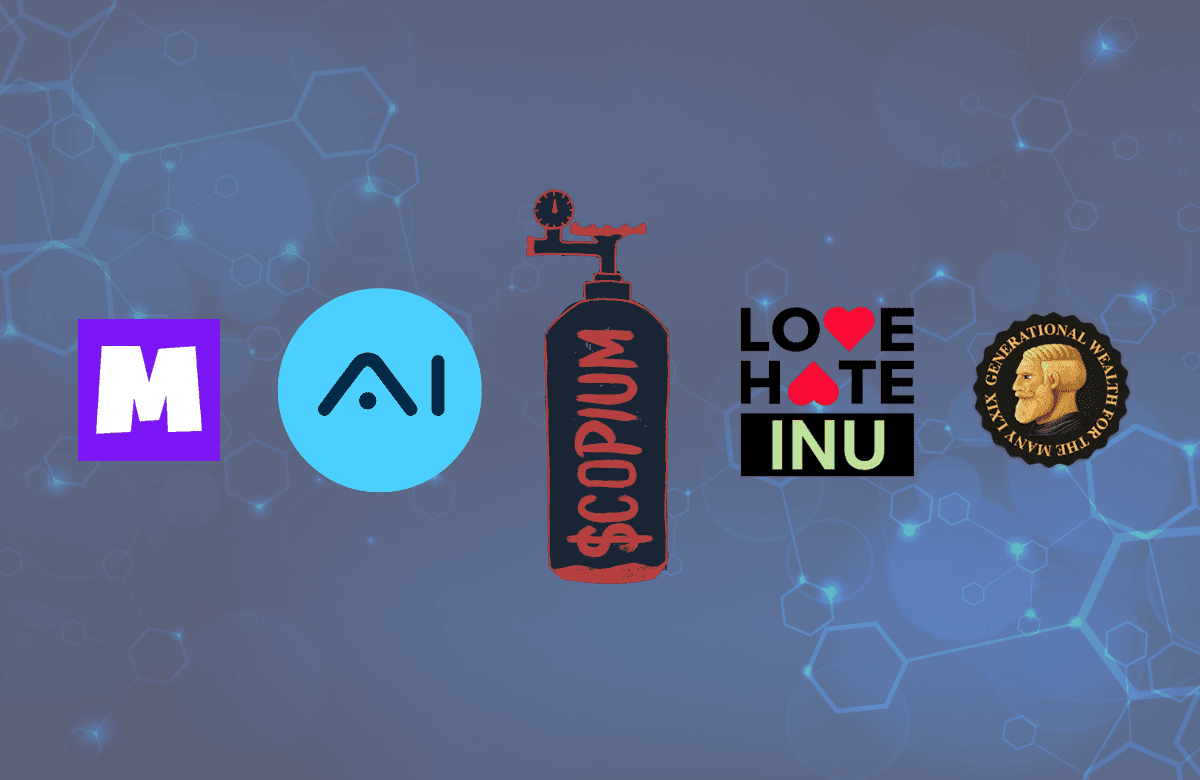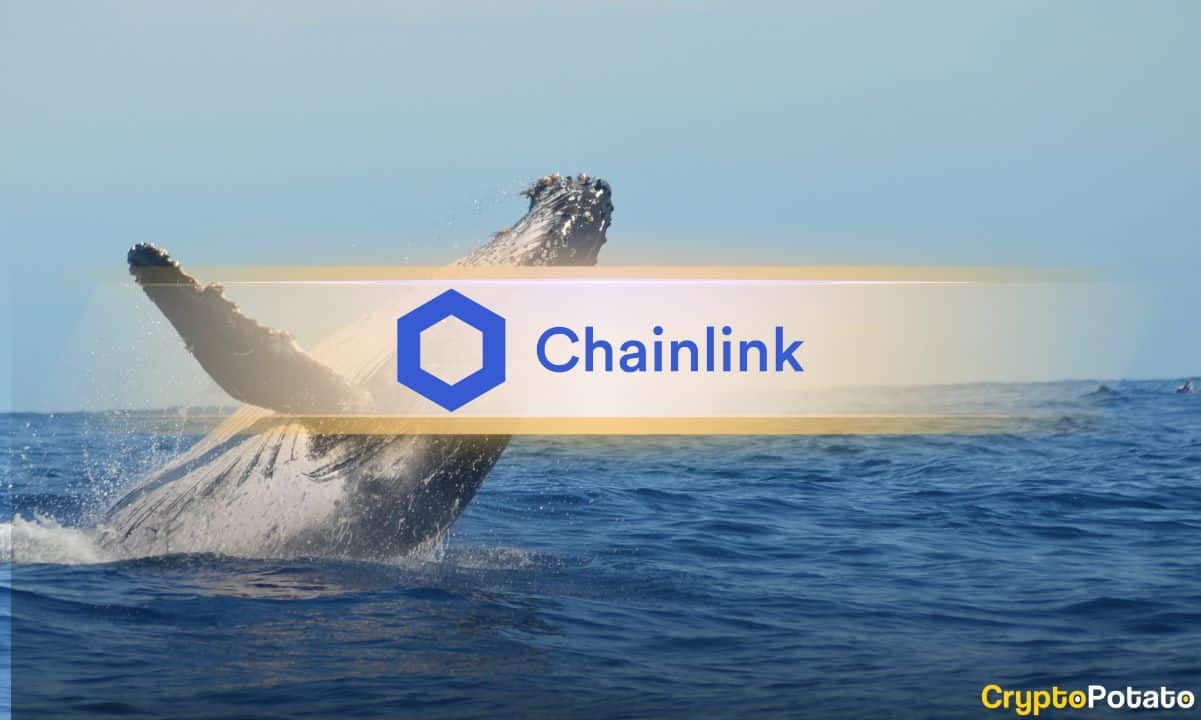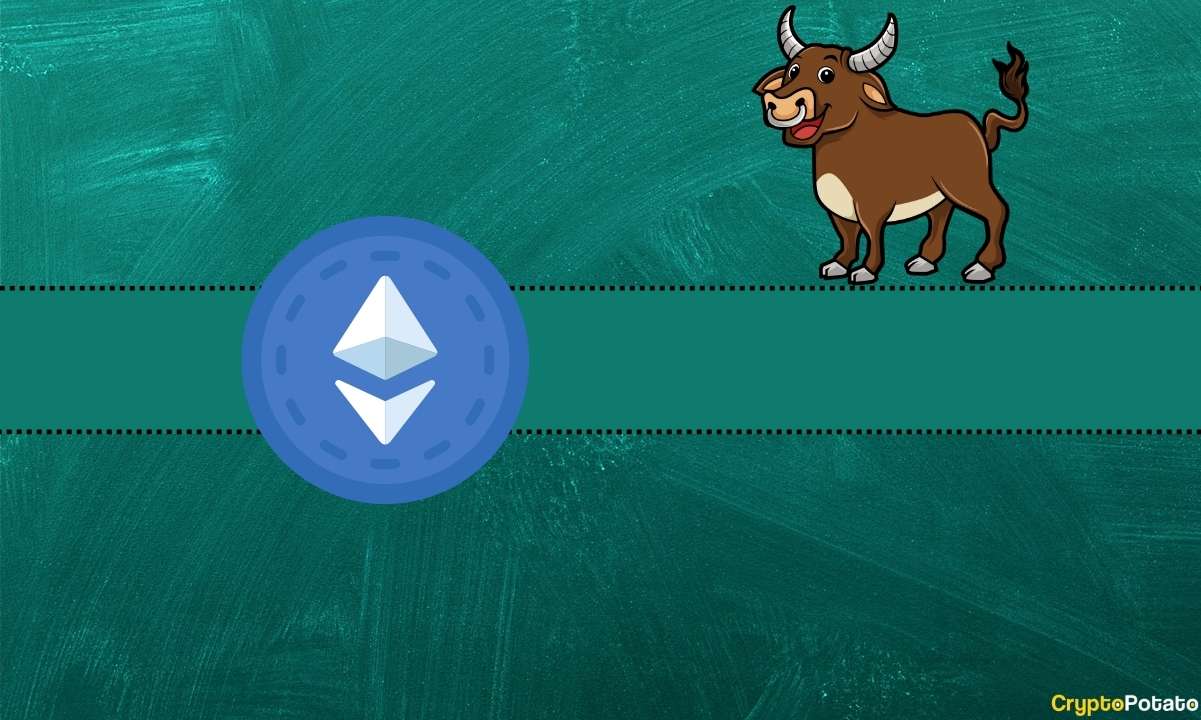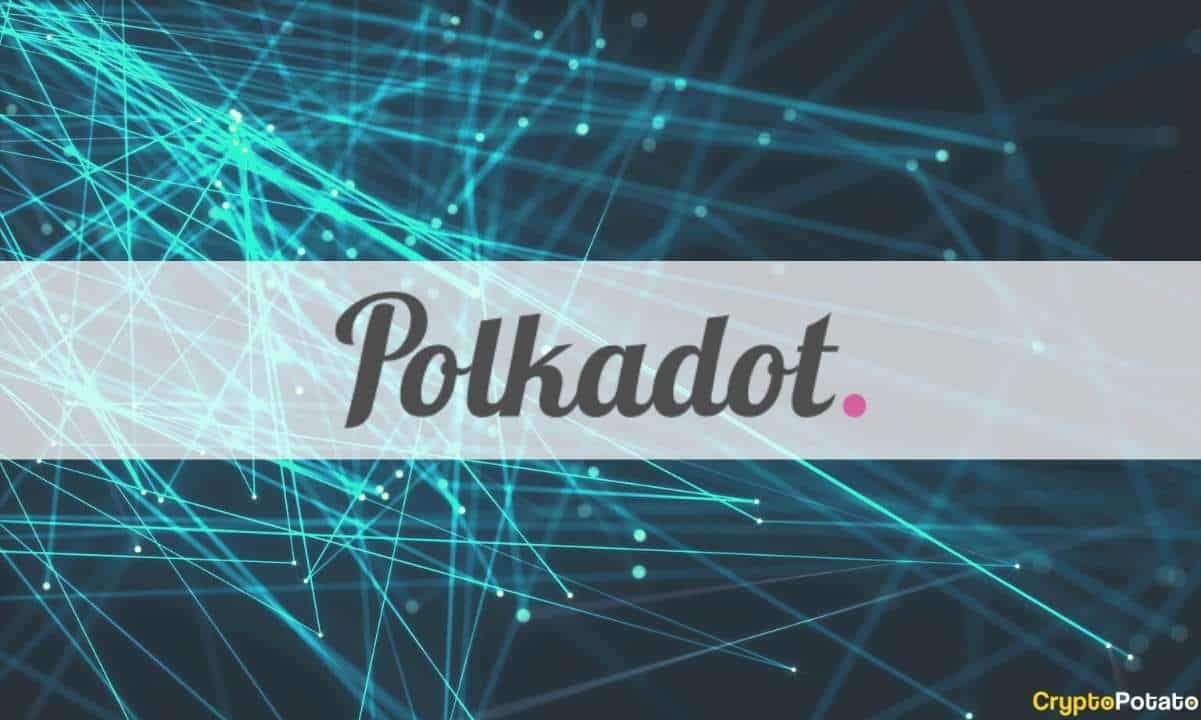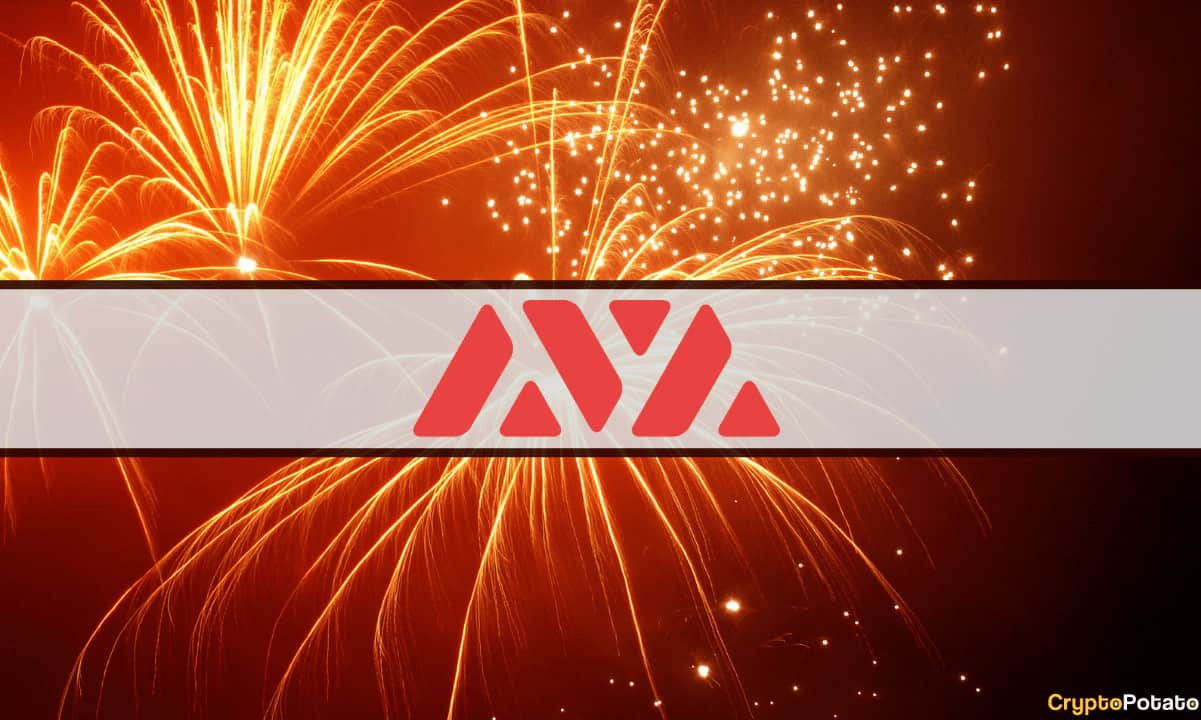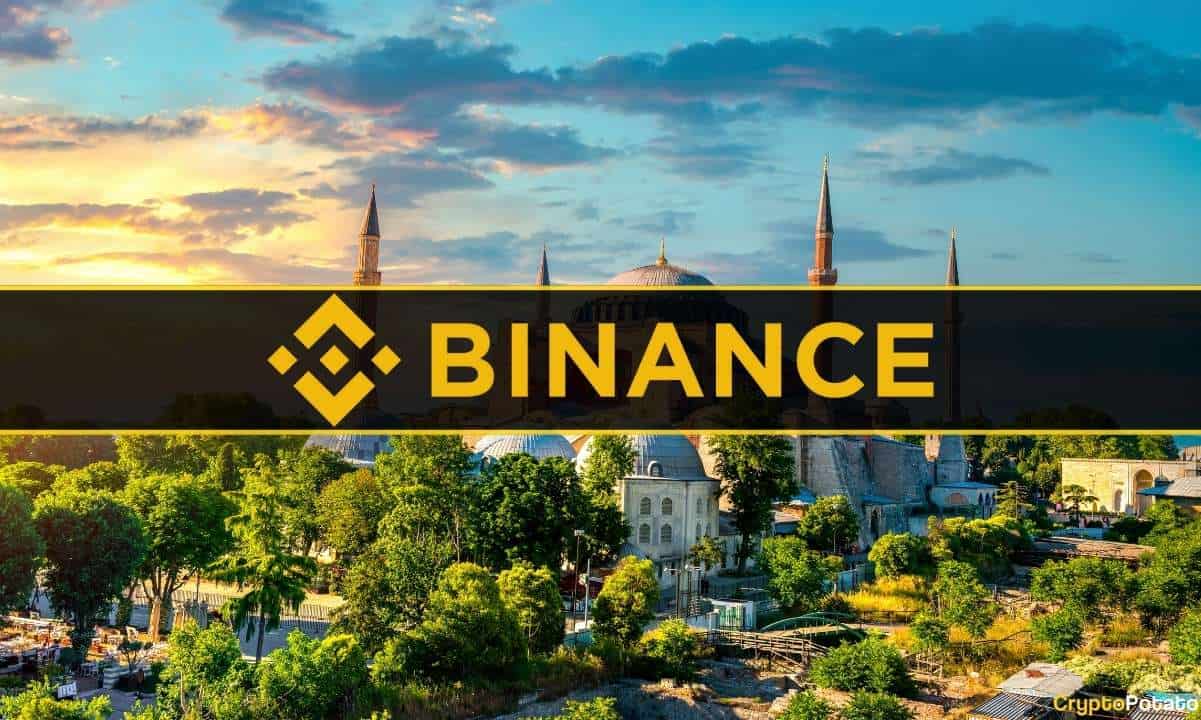SSV Network Bags $10M From DAO Partners to Scale ETH 2.0 Staking
Open source and decentralized protocol ssv.network has received $10 million in funding from its DAO partners to ramp up the decentralized staking infrastructure for Ethereum 2.0 ahead of the upcoming Merge.
ssv.network Receives $10M
ssv.network said in a press release that it received the funds through its DAO Partner Program, an initiative the project launched in October 2021 with an objective of expanding its “community and strengthening DAO partnerships.”
So far, the project has conducted its first and second batch of the DAO Partner Program, which saw it team up with individuals, technical users, industry leaders, ecosystems, and venture capital.
Some of the notable partners who have joined the SSV ecosystem include Coinbase, Digital Currency Group, Gate.io Ventures, OKEx Ventures, Lead Capital, AMBER, Everstake, DappNode, and Valid Blocks. The project hopes to onboard more companies, key figures, and grants as it continues with the DAO Partner Program.
Making ETH 2.0 Staking Easier for Anyone
As a fully decentralized open-source protocol, ssv.network focuses on simplifying infrastructural access for ETH 2.0 staking through its Secret-Shared-Validator (SSV) technology. In other words, the network makes it easier for individuals and institutions to run a Distributed Ethereum Validator.
ssv.network describes itself as the first protocol to allow users to securely split a validator key between non-trusting nodes or operators.
According to the release, the technology gives anyone trustless access to ETH staking by providing a robust and stable staking infrastructure while promoting diversification and decentralization on the Ethereum network. It then uses a network of nodes operating under consensus to generate ETH rewards for users.
Becoming the Layer 0 of Ethereum
Since the protocol focuses on decentralizing and systematizing staking at an infrastructure level, ssv.network aims to become layer 0 of Ethereum this year.
“We identified DV technology at a very early stage as a critical component in Ethereum’s transition to Eth 2.0. It is incredible to see the level of adoption and participation at such an early stage in the network’s life cycle. ETH staking and DeFi will be some of crypto’s core themes in 2022 and both segments will benefit tremendously from decentralizing Ethereum’s security layer, which we call Layer 0. 2021 was the year of L2, 2022 is set to become the year of Layer 0,” said Alon Muroch, Core Contributor at ssv.network.
The project received a grant from the Ethereum Foundation (EF) in 2021, and the foundation later labeled SSV technology under Distributed Validator Technology (DVT), which is a key element in the ETH 2.0 roadmap.


